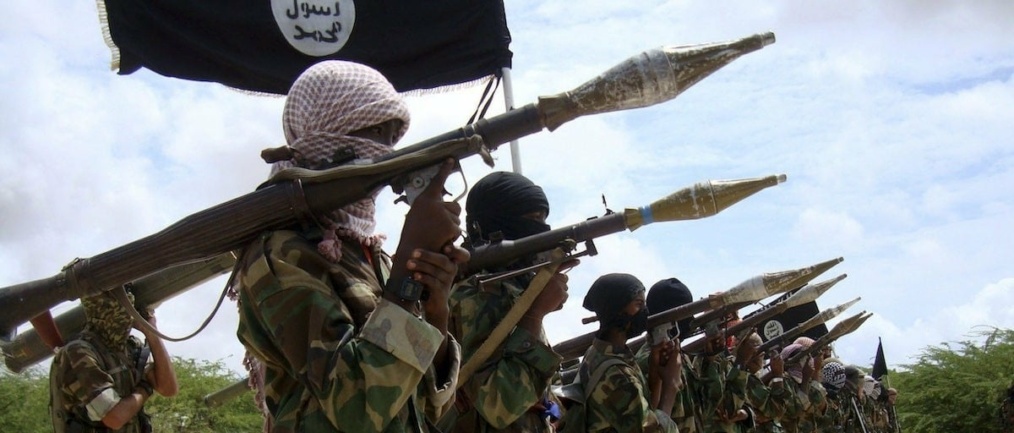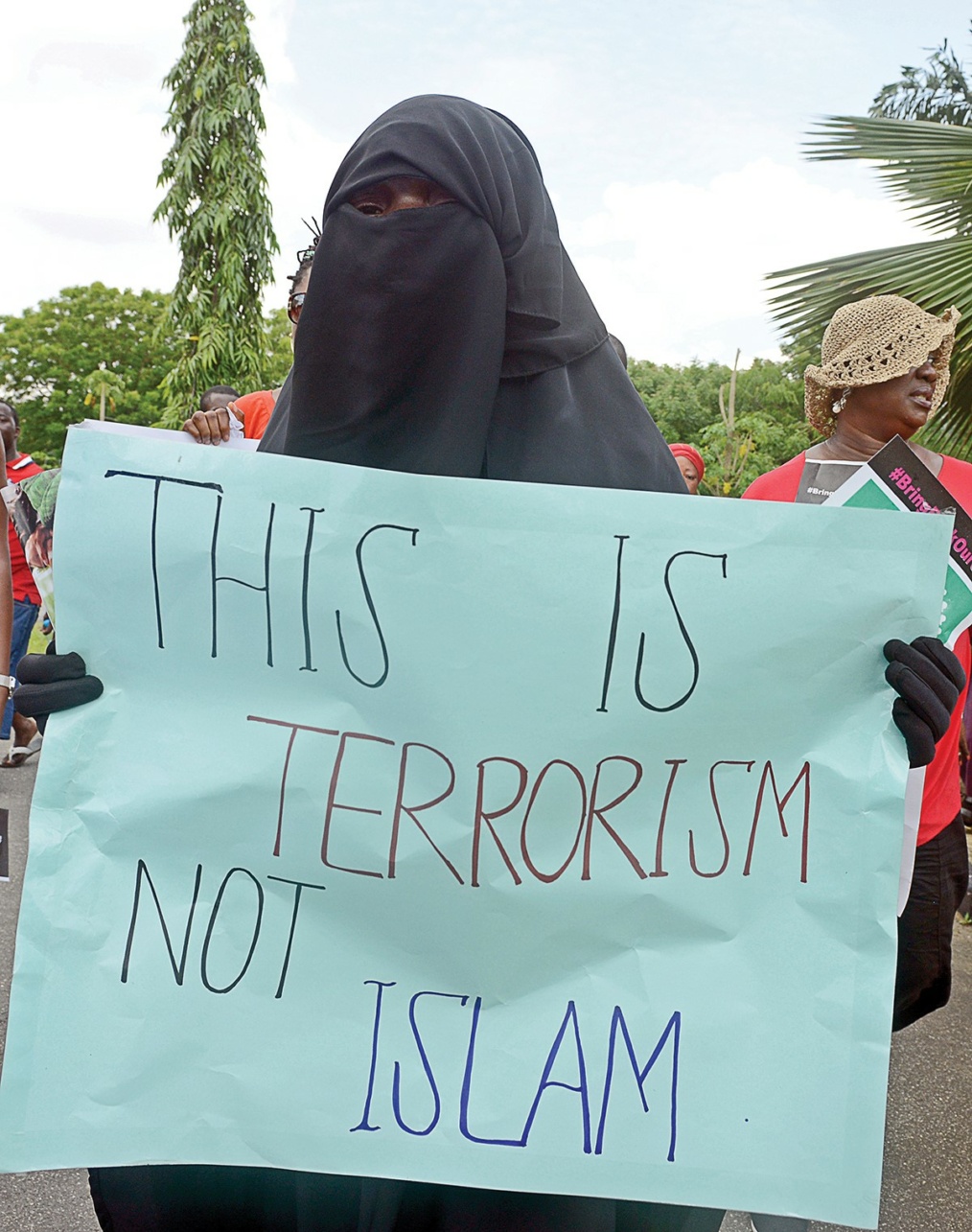On June 25, 2009, then President of Nigeria, Umaru Musa Yaradua, made a proclamation granting amnesty and unconditional pardon to everyone who directly or indirectly participated in the commission of offences, including those facing prosecution at the time, associated with militancy activities in the Niger Delta region. The requirement for this pardon to be effected was dependent on simply: the surrender of weapons and renunciation of militancy forms by concerned individuals at collection centres established for this purpose by the government. For about sixty days only, this proclamation stood valid, and in that time, over 20,192 individuals had accepted the terms of this amnesty offer.
In the same year, Boko Haram began an armed rebellion against the Nigerian government with multiple attacks across parts of northern Nigeria. Years later, Boko Haram became categorized as a terrorist group both in Nigeria and internationally, launching several attacks within Nigeria and neighbouring countries. For the last 12 years, Nigeria’s government steadily increased its responses to counter-terrorism, albeit widely perceived as counterproductive. More recently, the Nigerian government’s execution of the Disarmament, Demobilization, Repatriation, Reintegration, and Resettlement (DDRRR) program raises questions about its effectiveness.
The Identical Problem
The Niger Delta Militancy and the Boko Haram Insurgency are two main threats Nigeria has dealt with since its independence in 1960; both cases led to significant economic losses. Although the ideologies behind the two conflicts differ, the basis on which these ideologies come to be is very similar. In both scenarios, there is an ongoing deprivation of some sort, whether it be a functioning system where communities have access to basic amenities, or perceived injustice and marginalization, resulting in grievances that then form the ideological structure of these groups.
For the Boko Haram insurgency, endemic corruption is often cited as a menace in the Northern region that deprives the communities of even the basic needs that the government should provide. Widespread unemployment, lack of primary health care, massive poverty, and a general absence of the State all served as drivers for Boko Haram’s campaign in the North, especially in attracting recruits.
Similarly, unemployment, environmental degradation, and socioeconomic and political marginalization are unfortunate realities that communities in the Delta region face, leading to overwhelming amounts of militant activities. Between 2007 and 2009, the agitations in the Delta region worsened so much that Nigeria recorded an estimated daily loss of $58 million. The Presidential Amnesty Program (PAP) was an attempt to salvage the economic crisis and deteriorating security situation in the region.
Lessons for the Nigerian Government
A decade after PAP, security in the Delta region seems to be taking a new turn with the high rise of illicit markets, such as oil bunkering, as a means of survival. The underlying issues that fueled agitation in the area remain; unemployment rates have worsened, the perceived marginalization is still very much present, and the environment continues to suffer. By and large, the goal of the Amnesty program was bound to fail the moment it didn’t prioritize addressing the grievances that led to the agitations in the first instance.
With the surrender of over 37,000 repentant Boko Haram members thus far, and the ongoing DDRRR program, one can only hope that there is a plan to address the underlying issues that have fueled the Boko Haram campaign to avoid a repeat of the situation in the Niger Delta. Presently, there is a worsening insecurity dilemma due to the noticeable rise in illicit markets in the northern region, including those not linked to Boko Haram. In effect, it may be the worst of its kind should the government fail to be deliberate in preventing a recurrence of the northern conflict.
Joan McDappa, Counter-Terrorism Research Fellow





